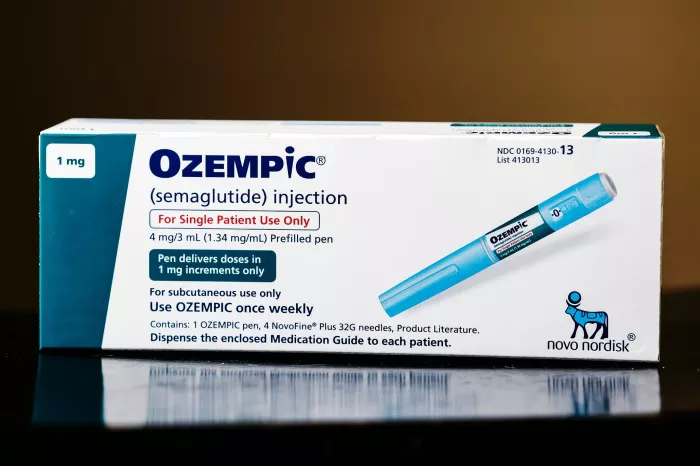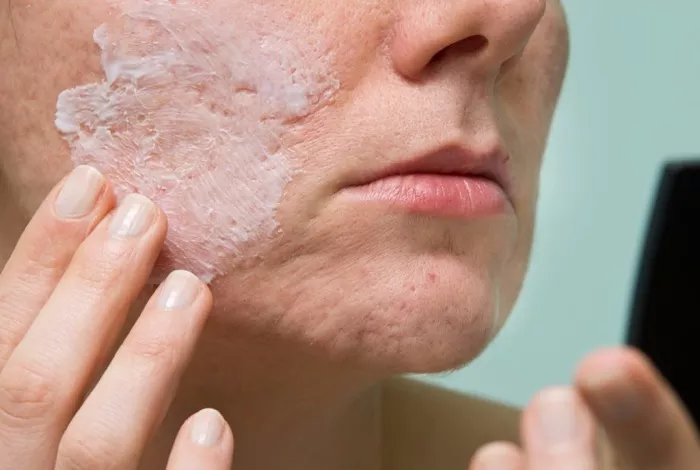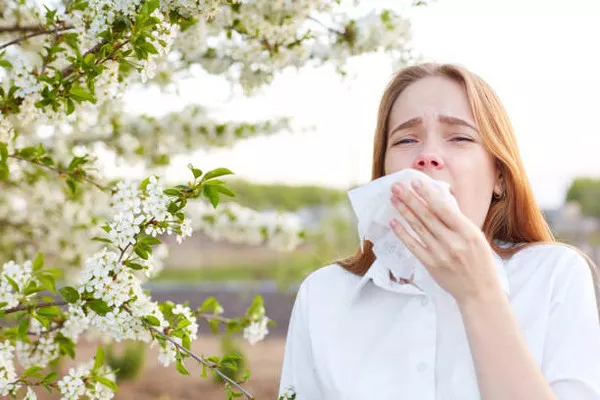Allergy medicine is a common treatment for seasonal allergies, but many people experience drowsiness and fatigue as a side effect of taking these medications. In this article, we will explore why allergy medicine can make you tired and discuss ways to minimize this side effect.
Antihistamines and Drowsiness
The most common type of allergy medication is antihistamines. Antihistamines work by blocking the effects of histamine, a chemical that is released by the body in response to an allergen. Histamine is responsible for many of the symptoms of allergies, including sneezing, itching, and runny nose.
While antihistamines are effective at reducing these symptoms, they can also cause drowsiness and fatigue as a side effect. This is because antihistamines can cross the blood-brain barrier and affect the central nervous system, which can result in drowsiness.
First-Generation vs Second-Generation Antihistamines
There are two main types of antihistamines: first-generation and second-generation. First-generation antihistamines, such as diphenhydramine (Benadryl) and chlorpheniramine (Chlor-Trimeton), are more likely to cause drowsiness and fatigue as a side effect.
Second-generation antihistamines, such as loratadine (Claritin) and cetirizine (Zyrtec), are less likely to cause drowsiness and fatigue as a side effect. This is because second-generation antihistamines are designed to be less sedating than first-generation antihistamines.
Other Factors that Can Contribute to Drowsiness
In addition to the type of antihistamine used, there are other factors that can contribute to drowsiness and fatigue as a side effect of allergy medication. These include:
Dosage: Taking a higher dosage of an antihistamine can increase the likelihood of drowsiness and fatigue as a side effect.
Timing: Taking an antihistamine at bedtime can increase the likelihood of drowsiness and fatigue the following day.
Interactions with Other Medications: Some medications can interact with antihistamines and increase the likelihood of drowsiness and fatigue as a side effect.
Individual Differences: Some people are more sensitive to the sedative effects of antihistamines than others.
Minimizing the Side Effects of Allergy Medication
If you experience drowsiness and fatigue as a side effect of allergy medication, there are several steps you can take to minimize these effects. These include:
Choosing a Second-Generation Antihistamine: If you are prone to drowsiness and fatigue as a side effect of allergy medication, choosing a second-generation antihistamine may be a better option for you.
Taking a Lower Dosage: Taking a lower dosage of an antihistamine can help to minimize the likelihood of drowsiness and fatigue as a side effect.
Timing: Taking an antihistamine earlier in the day, rather than at bedtime, can help to minimize the likelihood of drowsiness and fatigue the following day.
Avoiding Interactions with Other Medications: If you are taking other medications, talk to your healthcare provider to make sure that they do not interact with your allergy medication and increase the likelihood of drowsiness and fatigue as a side effect.
Individual Differences: If you are particularly sensitive to the sedative effects of antihistamines, talk to your healthcare provider about other treatment options that may be better suited for you.
Conclusion
Allergy medicine is a common treatment for seasonal allergies, but many people experience drowsiness and fatigue as a side effect of taking these medications. This is because antihistamines, the most common type of allergy medication, can cross the blood-brain barrier and affect the central nervous system, which can result in drowsiness.
Choosing a second-generation antihistamine, taking a lower dosage, timing your medication appropriately, avoiding interactions with other medications, and recognizing individual differences can all help to minimize the likelihood of drowsiness and fatigue as a side effect of allergy medication. If you continue to experience drowsiness and fatigue despite these measures, talk to your healthcare provider about other treatment options that may be better suited for you.
[inline_related_posts title=”You Might Be Interested In” title_align=”left” style=”list” number=”6″ align=”none” ids=”4047,4043,4041″ by=”categories” orderby=”rand” order=”DESC” hide_thumb=”no” thumb_right=”no” views=”no” date=”yes” grid_columns=”2″ post_type=”” tax=””]

































